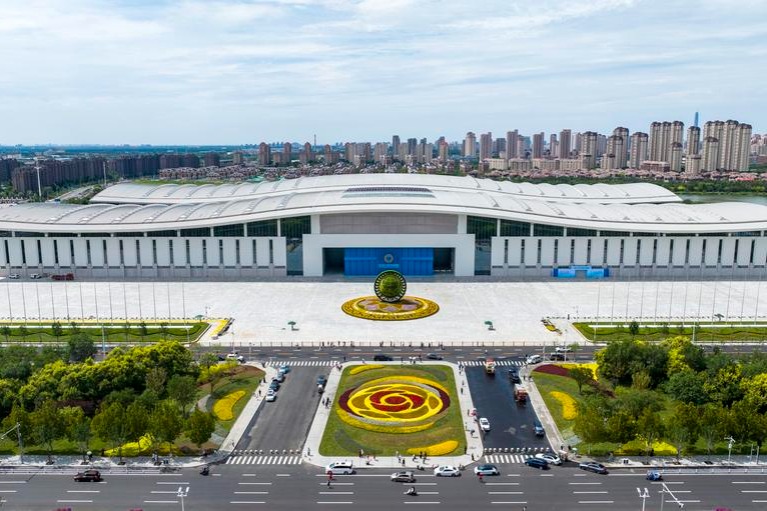Alert for spillover effects of US economic recession


Instead of falling back as expected, commodity prices in the United States rose to a record high in May, driven by higher energy and food costs. The consumer price index rose 8.6 percent year-on-year in May, the highest since December 1981, and the month-on-month growth was 1.0 percent. The core CPI rose 6.0 percent year-on-year and 0.6 percent month-on-month.
The consumer confidence index released by the University of Michigan fell to 50.2 in May, the lowest level since 1982. And on Monday, the yield curves of the two-year and 10-year Treasury bonds inverted for the first time since April. All these indicate that the risk of economic recession in the US is gradually rising, and the possibility of stagflation is also increasing.
Generally speaking, when the economy faces the risk of stagflation, policy will give priority to fighting inflation. On May 30, US President Joe Biden issued a "plan to fight inflation", reiterating that fighting inflation is the primary economic task. In addition to supporting the Fed's initiatives, the plan also involves lowering the cost of living for US families and reducing the federal deficit. In early June, US Treasury Secretary Janet Yellen admitted in testimony before Congress that she had previously misjudged the inflation situation. This means that the US government and the Fed have reached a consensus on the need to jointly fight inflation.
With inflation expectations high and midterm election pressures this year, a single 75 basis point rate hike on top of the Fed's existing plan cannot be ruled out. So China needs to pay close attention to the spillover effects from US monetary policy.
On the one hand, rising global energy and grain prices will cause imported inflationary pressure for China and consumer prices will face upward pressure. The country should step up efforts to ensure supply and price stability from the supply side, especially to prevent the rise of pork prices resonating with the rise of energy prices.
On the other hand, the acceleration of interest rate hikes by the Federal Reserve will lead to the narrowing of the risk-free interest rate spread between China and the US, which will lead to the risk of capital outflows and exchange rate depreciation in China, all of which will to some extent reduce the space for China's monetary easing. Policymakers should moderately enhance the flexibility of the exchange rate, and increase support to key areas and weak links mainly through structural policies.


































